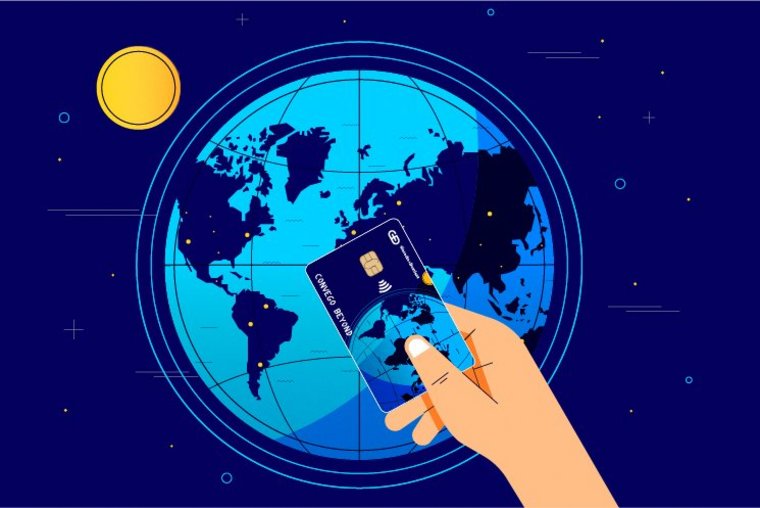There is a growing, society-wide consciousness that everyone needs to play their part in dealing with climate change. Alongside the actions of policy-makers and companies, the individual behavior and daily choices of consumers will have a major influence – and a direct impact – on cutting carbon emissions.
Consumers are already making day-by-day, ethical judgments on which companies and financial institutions they engage with, in many cases choosing to channel their spending power and business relationships towards organizations with genuine commitments to climate action.
At the same time, many people would like to infuse climate action into their own economic activities. They are looking for opportunities to both decarbonize purchases as much as they can and, when that is unavoidable, to compensate for the CO2 emissions these generate.
Such choices, of course, have significant implications for business. A study by the NYU Stern Center for Sustainable Business found that revenue for products that are marketed as supporting sustainability grow 5.6 times faster than products marketed without that attribute.1
And two-thirds of respondents to a McKinsey & Company survey said that they consider sustainability when they are making a purchase.2
But to take responsibility for their actions, individuals and businesses need information – above all, trusted insight into the carbon impact of their day-to-day activities. Such visibility can help them to both make a judgment on how they could positively modify their behavior in order to lower their carbon footprint, as well as to decide on the retailers, logistics firms, financial institutions, and other organizations they wish to engage with. And that’s a place where banks and other card issuers can play a pivotal role.




